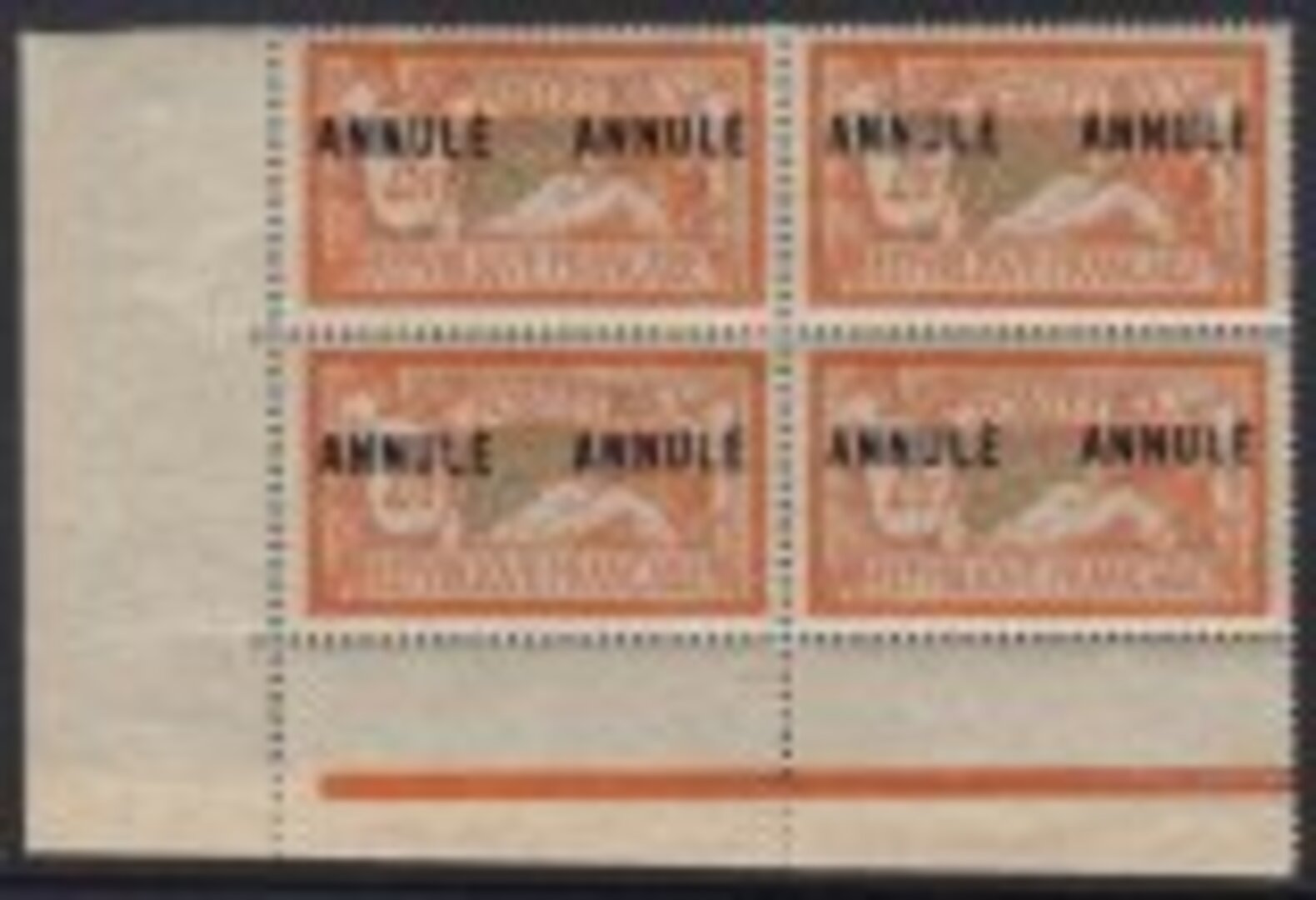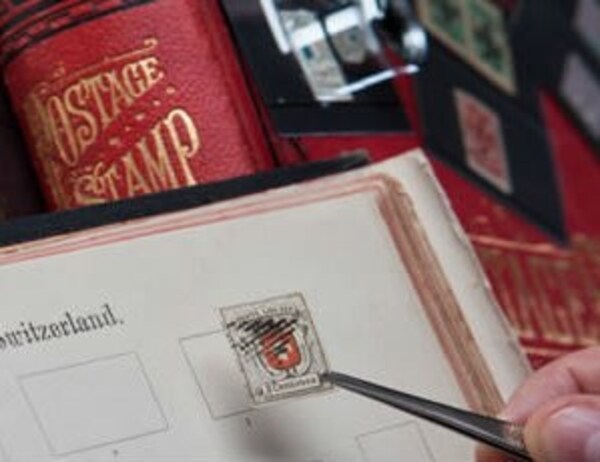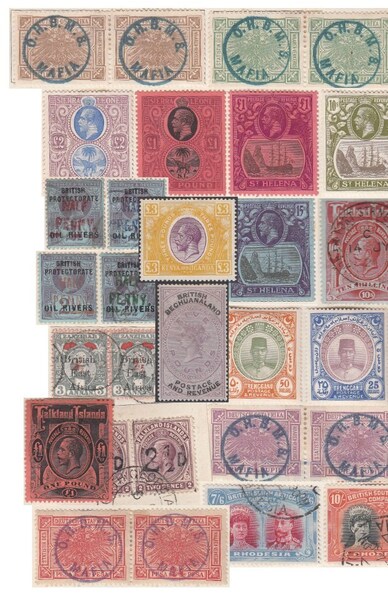The French “Cours D’Instruction” Stamps
Collectors will occasionally see French stamps overprinted with the words “Annule” or “Specimen”, often these are tucked away at the back of the album, overlooked and unloved!
Following an order dated May 9, 1911, the French Post Office administration established several ‘schools’ for the professional tuition of its employees.
Later that same year an “Article No. 2” specified the methods of teaching and areas that the trainees would have to learn that included, amongst other things, the taxation of various items and the counting of postage stamps.
A third article gave details of furniture, supplies & other items that were to be used in the classrooms. There is mention of a datestamp, circular in shape, carrying the name of the city where the course was being held plus the words "Cours d'instruction" (Instruction Course). The latter is sometimes above and sometimes below the name of the city, however the cancellation for Nancy has the words “Cours de Surnumeraires” instead of "Cours d'instruction".
Stamps to be used in the training centres were overprinted with one of the following overprints by l'Atelier de Fabrication des Timbres to remove their postal validity.
THE “ANNULE” OVERPRINTS
There were two issues of “ANNULE” (annulled, not valid for postage) overprints, the first overprinted at the end of 1911, the second during 1923. In both cases all the then current stamps received the overprint.
However, some values being used in 1911 were still in use in 1923; to differentiate the stamps of the same value overprinted during the two printings, we must refer either to the shade or type of stamp which for philatelists is easy as the typographical printing on rotary machines began between the two dates. In addition the 1923 overprint was generally applied higher on the stamp than on the 1911 overprint.
On the Merson high value stamps the identification problem does not arise as only one overprint was applied to each stamp during the 1911 printing, whilst two overprints were applied to each stamp in 1923.
The overprint was typographically printed in black on sheets of 150, 100 or 75. In addition, booklets were also used on the course with each stamp individually handstamped in violet.
Occasionally the displacement of the overprint caused it to be partially or completely omitted on an entire vertical column, when this happened a “Z” in circle handstamp was applied, or, in the case of a 1c postage due stamp a handstamped “ANNULE” was applied. These are all rare with just three copies of the 3c Blanc & 50c Sower stamps and ten copies of 30c Sower with the “Z” handstamp – so check those albums!
THE “SPECIMEN” OVERPRINTS.
These special 1925 SPECIMEN overprints for the Cours d’Instruction courses should not be confused with other SPECIMEN overprints (different types & colours) applied to stamps sent to the UPU or to be used as samples.
There are two types of the “SPECIMEN” overprint – a smaller type (all capital letters) used on the small format stamps, and a larger type (only with a capital “S”) applied on the larger Merson high values. There is a constant variety on the smaller type – the accent over “e” omitted – it occurs on positions 3 & 67 on the sheets of 150 and positions 17 & 53 on the sheets of 100.
Altogether 102 (listed by Maury catalogue) different stamps (postage, postage due & precancelled stamps) were overprinted. Also some postal stationery items were overprinted with both “Annule” and “Specimen” overprints.
THE PROVISIONALS
In 1912 the Bordeaux centre utilised stamp sketches in pen, and in 1923 selvedge from the sheets were used as stamps with values added in pen. The centre in Caen also overprinted 3c Blanc stamps with a “CH – T.” handstamp plus 7 new values to be used as postage dues.
In 1926, the post Administration ceased to use the overprinted stamps and replaced them with the so-called "FICTIFS" which simply show the value and the words "Sans valeur", all within a thick frame.
These fascinating issues are comprehensively listed in the Yvert and Maury catalogues and have long been sought-after by collectors seeking to expand the scope of better collections.
We are delighted to offer a number of interesting lots from the French Cours d’Instruction…


 General
General
 General
General
 General
General